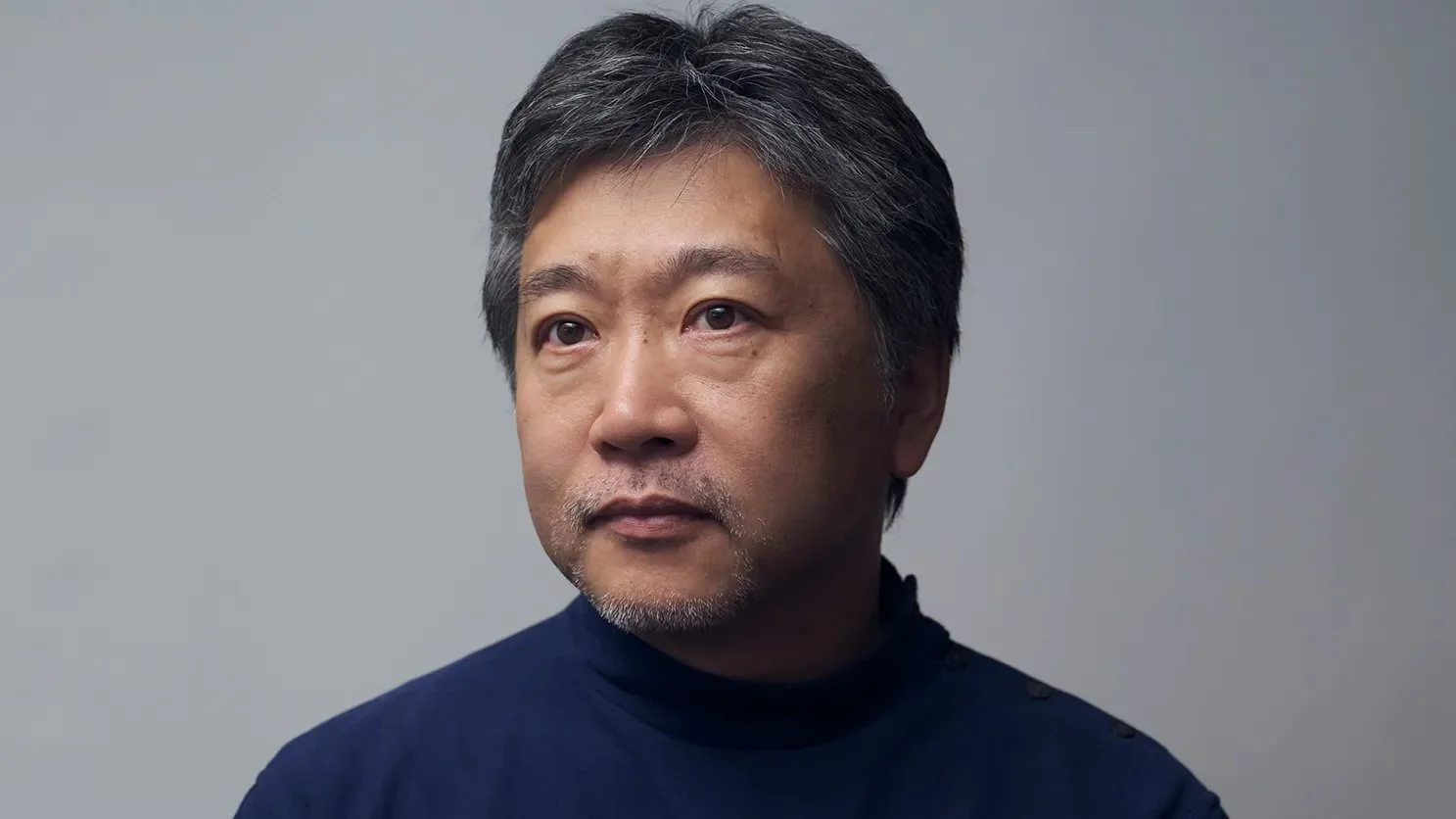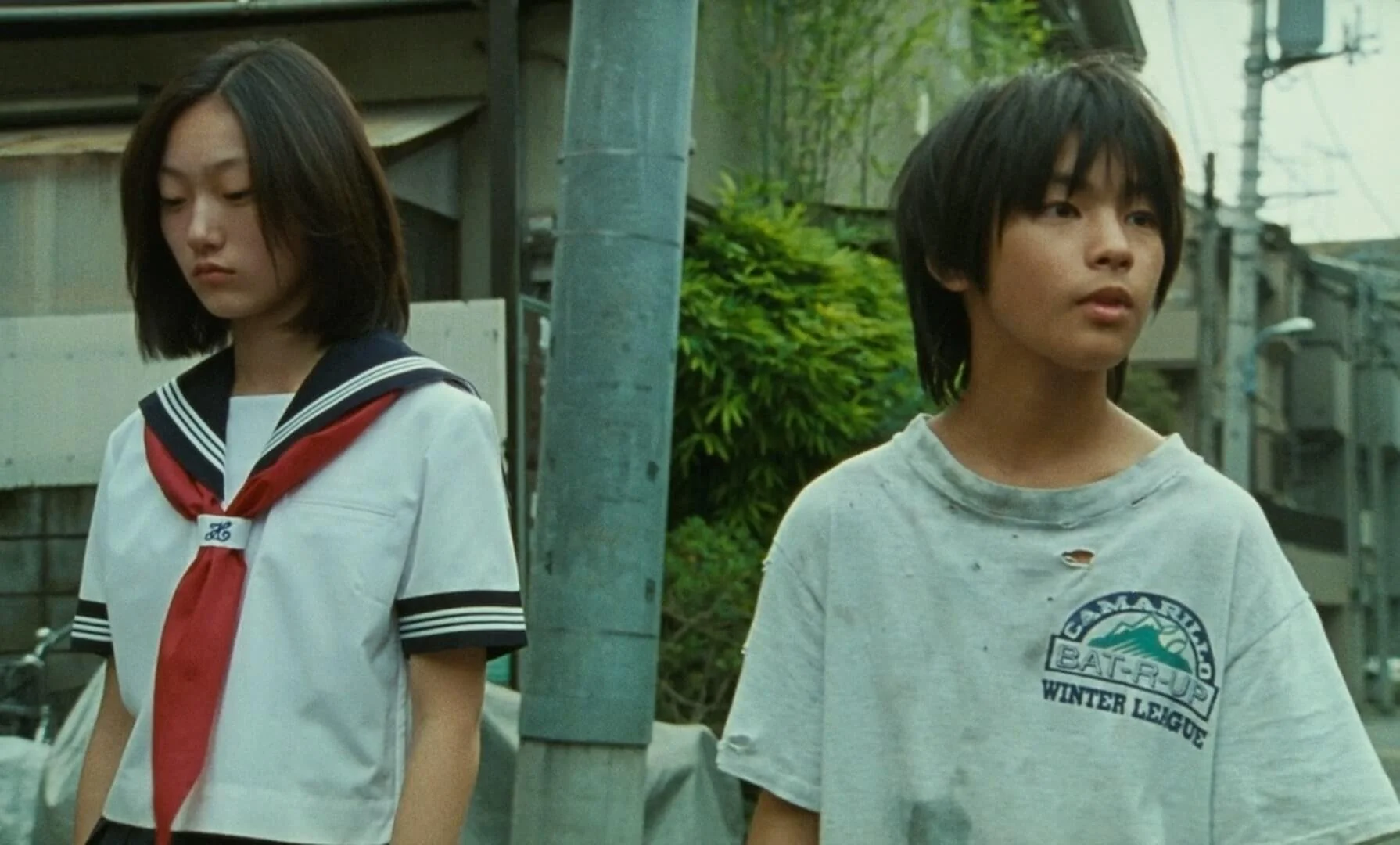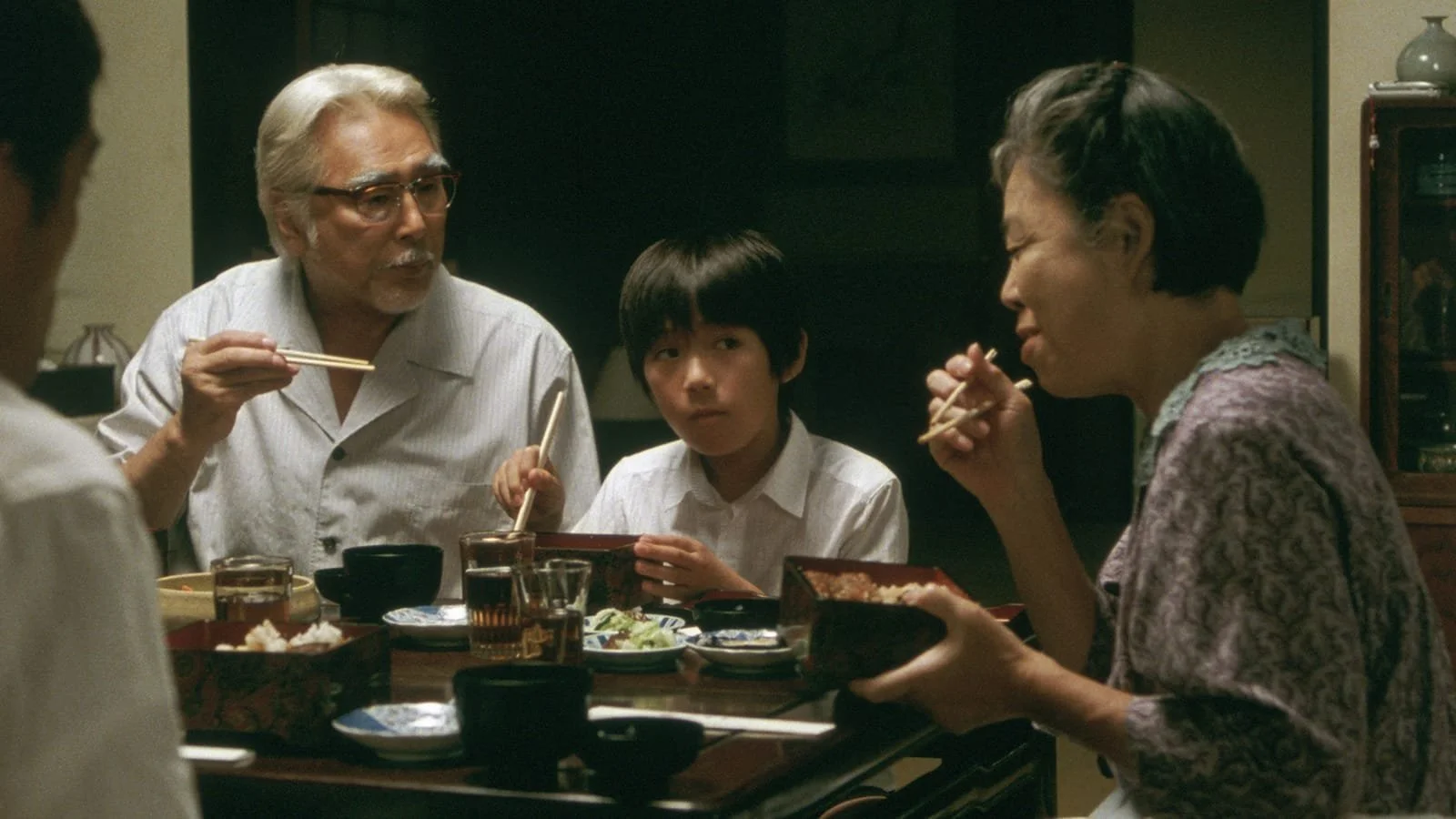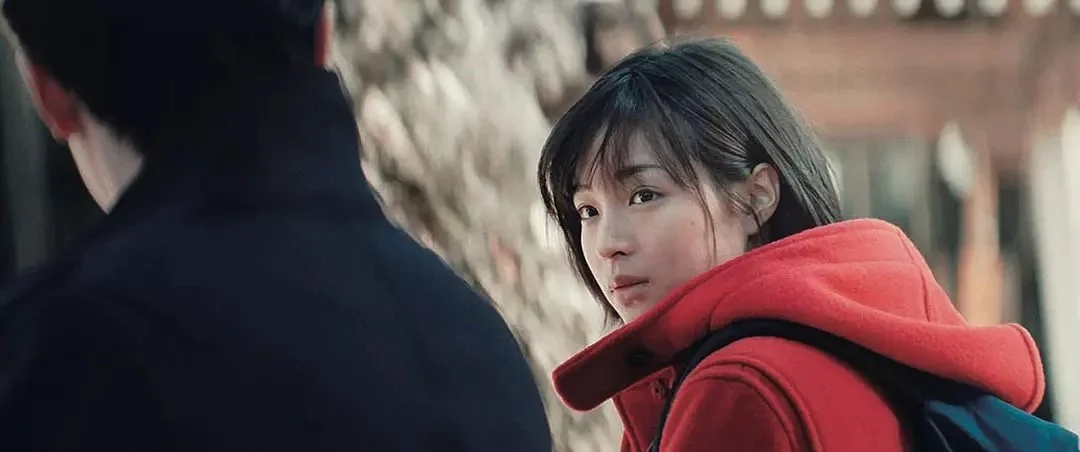Hirokazu Koreeda: The Humanist Filmmaker
Hirokazu Koreeda, one of Japan's most celebrated contemporary filmmakers, has captivated audiences worldwide with his deeply humanist approach to cinema. Known for his sensitive and nuanced storytelling, Koreeda's films often explore complex family dynamics, the fragility of human connections, and the quiet beauty found in everyday life.
Koreeda began his career in television, making documentaries that reflected his keen interest in ordinary people's lives. This background profoundly influenced his narrative style, imbuing his feature films with a documentary-like authenticity. His ability to draw out naturalistic performances from his actors, combined with his meticulous attention to detail, has earned him a reputation as a master of understated yet powerful drama.
One of Koreeda's most acclaimed works, Nobody Knows (2004), tells the harrowing story of four siblings abandoned by their mother in a Tokyo apartment. Based on a real-life incident, the film is a poignant meditation on childhood resilience and the societal neglect of vulnerable individuals. Koreeda's empathetic portrayal of the children's plight and his refusal to resort to melodrama or easy resolutions resonated with critics and audiences alike, solidifying his status as a major voice in world cinema.
Family is a recurring theme in Koreeda's oeuvre. Still Walking (2008), often considered one of his finest films, depicts a family reunion commemorating the death of the eldest son. Through intimate conversations and everyday rituals, the film explores themes of loss, regret, and reconciliation. Koreeda's subtle direction and his ability to convey deep emotions through mundane moments create a rich, immersive experience that lingers long after the credits roll.
In Like Father, Like Son (2013), Koreeda examines the nature of parenthood and identity through the story of two families who discover that their six-year-old sons were switched at birth. The film delves into the emotional turmoil and moral dilemmas faced by the parents as they grapple with the question of what truly makes a family. This poignant exploration of nature versus nurture won the Jury Prize at the Cannes Film Festival and further cemented Koreeda's international acclaim.
Koreeda's interest in the intersections of legality, morality, and familial bonds is evident in his Palme d'Or-winning film Shoplifters (2018). The film follows a makeshift family living on the fringes of society, who rely on petty theft to survive. When they take in a neglected young girl, their precarious existence is threatened, forcing them to confront the ethical implications of their actions. Shoplifters is a compassionate and thought-provoking examination of poverty, kinship, and the societal constructs that define family.
In addition to his narrative features, Koreeda has continued to explore diverse genres and themes. The Third Murder (2017) is a legal thriller that delves into the ambiguity of truth and justice, while After the Storm (2016) portrays a failed writer's attempt to reconnect with his estranged family. Each film, regardless of genre, retains Koreeda's signature humanist touch, focusing on the inner lives of his characters and the quiet moments that define their experiences.
Koreeda's latest film, Monster (2023), continues this tradition of exploring complex human emotions and relationships. The story unfolds through multiple perspectives, gradually revealing the truth behind a troubling incident at a school. As the layers of the narrative peel away, Monster delves into themes of misunderstanding, prejudice, and the impact of societal expectations on individual lives. The film's intricate storytelling and powerful performances have garnered critical acclaim, further solidifying Koreeda's reputation as a master filmmaker.
Koreeda's dedication to storytelling extends beyond his work as a director. He has also produced films for emerging filmmakers, contributing to the growth of contemporary Japanese cinema. His influence is evident in the works of younger directors who share his commitment to exploring the human condition with sensitivity and depth.
Hirokazu Koreeda's films offer a profound reflection on the complexities of human relationships and the unspoken bonds that connect us. Through his meticulous craftsmanship and unwavering empathy, he has created a body of work that resonates universally, transcending cultural and linguistic barriers. In a world often characterized by turmoil and division, Koreeda's cinema serves as a reminder of our shared humanity and the enduring power of compassion and understanding.














